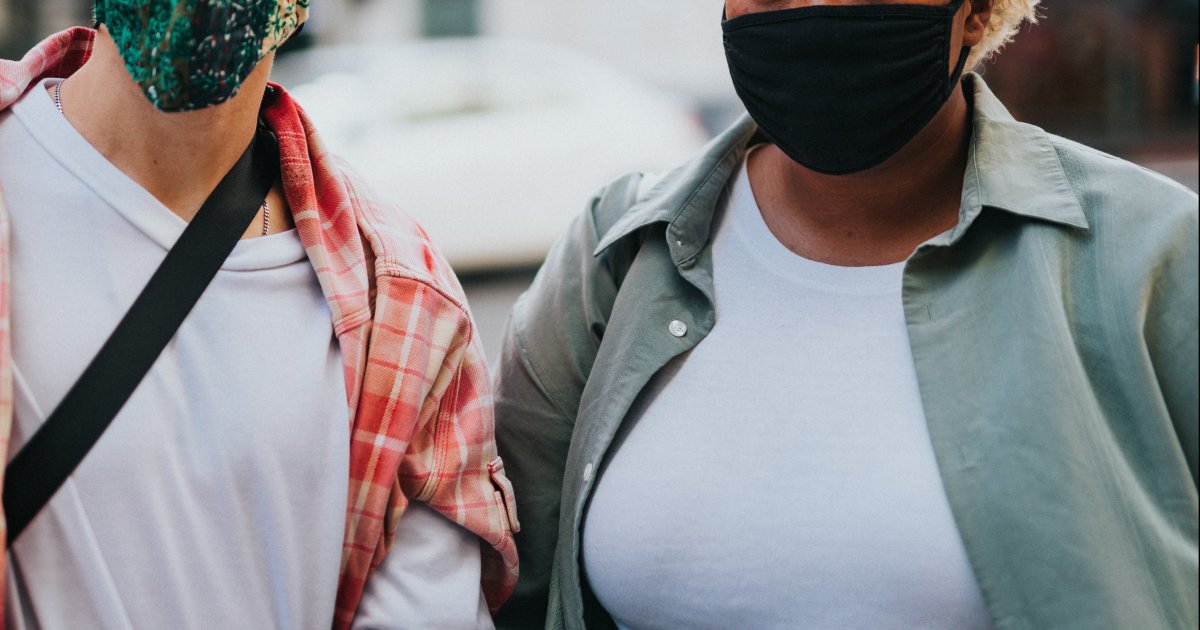Cancer & the COVID-19 Vaccine
- When the vaccine is FDA approved, clear guidelines will explain whether it’s safe for people with cancer.
- The vaccines that are furthest along in clinical trials do not contain live virus; this is good news for people with cancer who can’t receive that type of vaccine.
- People with cancer will most likely be among the first to receive the vaccine, along with health care workers and older adults.
Related: If You Have Cancer It's More Important Than Ever to Get a Flu Shot Amid COVID-19
Read MoreVaccine Reduces Symptomatic COVID Cases by 90%
Nearly 44,000 people volunteered to participate in the study. Half would receive two doses of the experimental coronavirus vaccine, three weeks apart, and the other half would receive two injections of saltwater (placebo), also three weeks apart. So far, 38,955 have received their two doses of vaccine or placebo. Among them, 94 people contracted the coronavirus in confirmed cases. A confirmed case, for the purposes of this clinical trial, is a positive test and at least one symptom. This does not count asymptomatic cases there may have been in either group. The overwhelming majority of these 94 cases were in the placebo group. Statistical analyses showed that those in the vaccine group were 90% protected against the virus.
That doesn't mean the vaccine is ready for primetime just yet. As the remaining study participants get their second dose, and more data about COVID-19 cases comes in, researchers may adjust the estimated level of efficacy.
Before the drug companies file for FDA approval, they will also need to show that the vaccine didn't cause any serious side effects. They do that by keeping track of those who received the vaccine for two months after the injections and reporting what kind of side effects, if any, they had. The drug companies say this data will be available later this month.
What People with Cancer Need to Know
When a vaccine becomes widely available, people with cancer will want to ask their doctors these questions and pay close attention to guidelines for this information.
Does the vaccine reduce transmission of the virus?
In Pfizer's phase 3 clinical trial, a "case" of coronavirus was when someone tested positive and had at least one symptom. The vaccine seems to reduce these types of cases. It's not yet known whether it reduces asymptomatic cases. That is, whether the vaccine prevents people from carrying the virus without developing any noticeable illness themselves. That's a question of transmission rates.
Related: Anti-Vaxxers Spread Misinformation, Thwart Cancer Prevention Made Possible by HPV Vaccine
"For somebody with cancer, the less virus there is in their community, the better off they are," Weisenberg says. "For example, it's important for people with cancer to get a flu shot, but it's more important for people around them to get it because that reduces the risk of being exposed in the first place. So, the impact this vaccine has on transmission is going to be very important."
Is it safe for someone in treatment for cancer?
The vaccines currently furthest along in clinical trials there are others besides the Pfizer one use genetic material (mRNA or DNA) to trigger an immune response to the coronavirus in the body. These vaccines don't use live virus. That's good news for people with cancer, who typically cannot receive live vaccines while they are in treatment, particularly if the treatment weakens the immune system.
"The vaccines being studied with mRNA and DNA don't produce live virus. So they are not dangerous from that standpoint as opposed to a measles virus, which contains live virus, so you couldn't get it if you were on cancer chemotherapy because the vaccine would be dangerous," Weisenberg says.
Related: I Have Cancer and Live in a COVID-19 Hotspot — What Should I Do?
Other questions about the safety of the vaccine in people in treatment for cancer should be answered before the vaccine hits the market.
"Whenever a new vaccine is approved, there will be clear guidelines that answer the question as to whether it's safe for certain groups, such as pregnant women, nursing women, people over age 65, so people with cancer will be a group that they have to include," Weisenberg says.
Related: Is It Safe to Get the Flu Shot During Cancer Treatment?
As Pfizer's vaccine is expected to be one among several that become available to the public, it may turn out that one of them is more effective than the others. Ideally, the most effective vaccines should be reserved for the most vulnerable people, including health care workers, older adults, and people with cancer.
When will people with cancer be able to get a vaccine?
Weisenberg predicts that the most vulnerable people will be among the first to receive the vaccine, which should include people who have cancer. But it will still be at least several months before we push up our sleeve to receive the injection.
Related: When Treatment Can’t Be Delayed: Lung Cancer & COVID-19 What You Need to Know
Until that day, Weisenberg says, "Do not let your guard down. The end may be in sight, which is great news for everybody, but it's still an infection that can lead to substantial risk of getting critically ill or dying. In the meantime, it's very important that everybody maintains the safety guidelines, such as masking and handwashing, that will hopefully protect them through this winter. And get a flu shot."
Learn more about SurvivorNet's rigorous medical review process.


